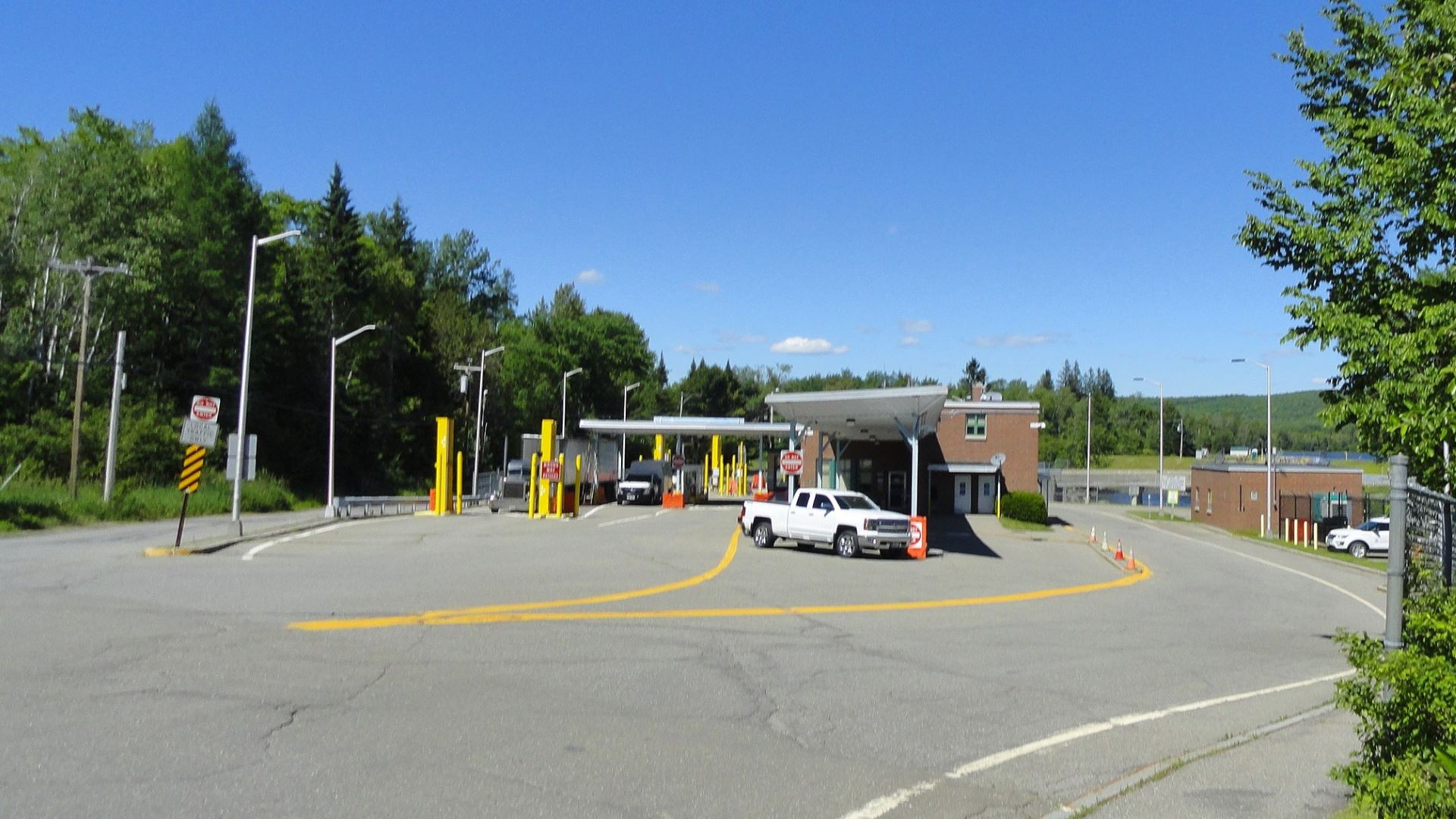The world is suffering from a refugee crisis of massive proportions. In recent years over 100 million people have lost their homes due to war and other catastrophic conditions such as climate change.
War is the number one cause of the refugee crisis, and unlike earthquakes, floods, hurricanes, and other natural disasters, the horror of war is a self-inflicted evil. Children make up half of the total number of global refugees; they face enormous risks of dying from disease, starvation, and brutality.
Refugees often have to seek safety in foreign countries. As more and more countries adopt measures to keep refugees out, people put their lives at great risk in the process. The U.S. is also trying to keep people out — and this compromises our humanity and our moral obligation to help those who have suffered devastation and been forced to seek a new place to call home.
Recently, U.S. President Joe Biden’s administration has proposed a policy of refusing entry to most people who arrive at the southern border of the U.S. — what many are calling an “asylum ban.” Legal experts view Biden’s proposed policy as a violation of current U.S. and international law and condemn the move as reminiscent of one from the era of former president Donald Trump and unworthy of Biden’s presidency. In addition, Biden has reached an agreement with Prime Minister Justin Trudeau of Canada that allows migrants trying to cross irregularly into the U.S. from Canada to be apprehended and potentially deported.
On March 9, Sen. Susan Collins wrote to U.S. Secretary of Homeland Security Alejandro Nicholas Mayorkas to complain about asylum seekers coming to Portland without a destination other than an emergency shelter or social service organization’s address. She said that the city does not have the resources or accommodation necessary to provide services for more asylum seekers.
As someone who grew up in the war-torn Great Lakes Region of Central Africa, I have witnessed a very sad and familiar pattern. Once war starts, very few countries have been able to quickly recover. For instance, the war that broke out in DR Congo in 1996 continues today.
To put this into perspective, there are children who were born during the first year of the conflict and who are now combatants in the conflict. I recently traveled to Kenya and met with people from DR Congo who are living there. The desperation that I witnessed was overwhelming. People expressed their feelings of loss — they had no hope of ever returning to their homeland.
In the face of ongoing conflict, where are refugees to go if countries shut their doors to them? No one wants to leave the comfort of their home and venture into an unknown world unless home is completely unsafe.
If we want to stop the flow of refugees across borders, we should find strategies for curbing conflicts before they start — once started, they are very hard to stop. The U.S. government should take leadership and invest resources in conflict management and the prevention of war. This is what will truly stop the current migration movement.
In the meantime, the U.S. should adhere to its own laws and allow those legitimately seeking asylum to enter the country and make their case. Doing otherwise is against all humanitarian principles.
This column first appeared in Amjambo Africa, a print and digital publication that serves new immigrants to Maine. It is republished with permission.







